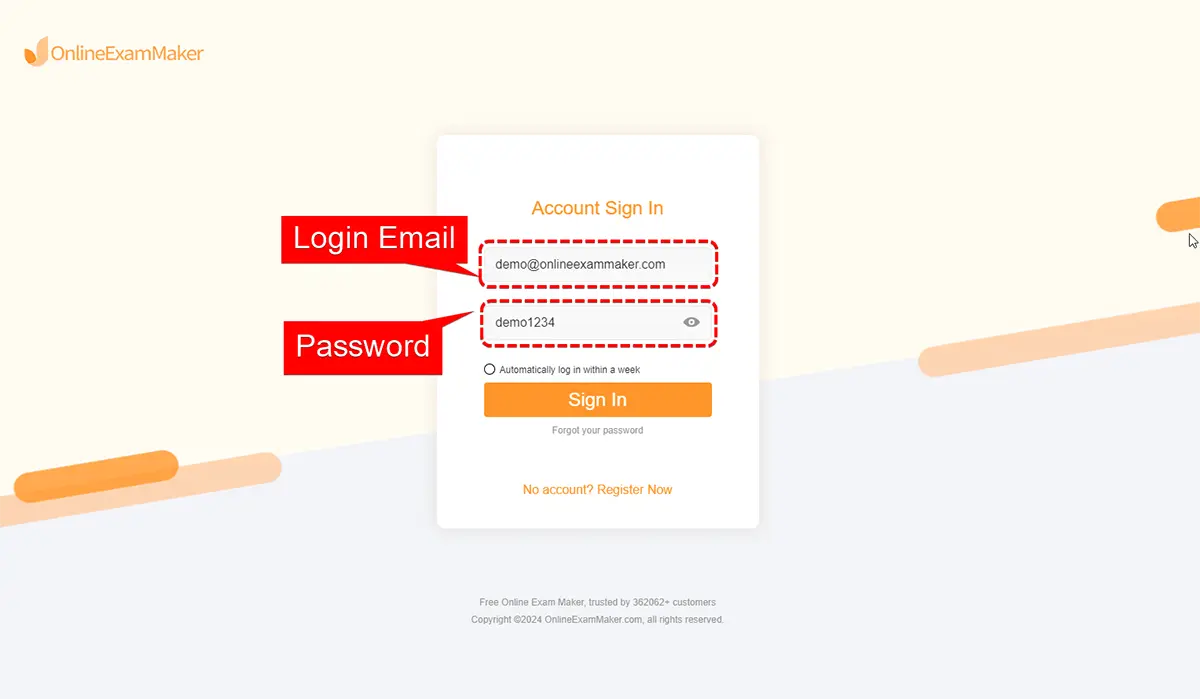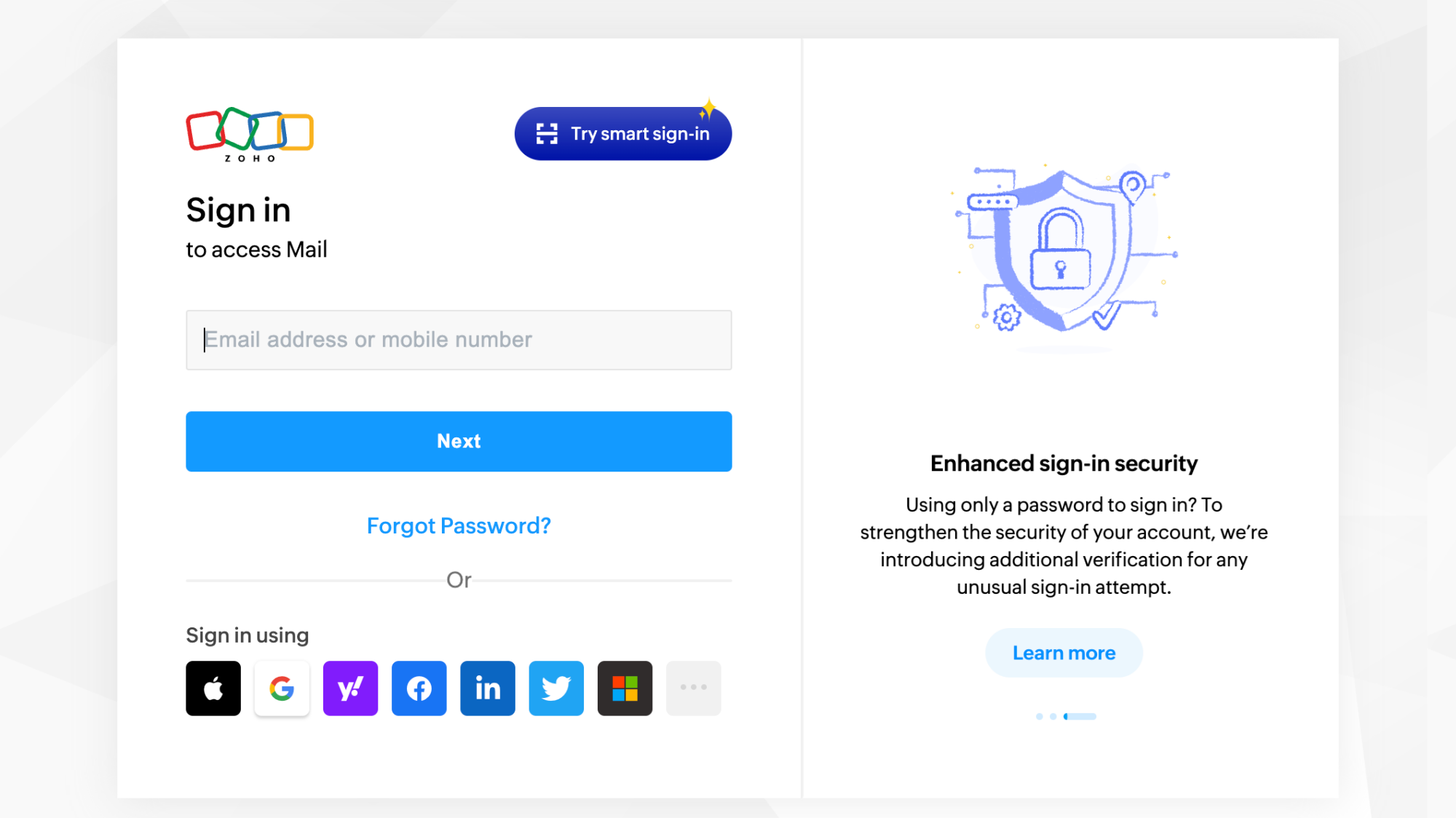Recognizing and Avoiding Fake Email Job Scams
Meta Description: Learn how to identify fake email job offers and protect yourself from scams. Discover key signs, tips, and resources to stay safe.
The Growing Concern of Fake Job Emails
In today's digital age, job seekers often encounter a myriad of opportunities through email. However, not all job offers are legitimate. Fake email job scams have proliferated, preying on individuals seeking employment. Understanding how to identify these scams is crucial for protecting your personal information and ensuring a safe job search.
Why Fake Job Emails Are Dangerous
Fake job emails can lead to various negative outcomes, including identity theft, financial loss, and emotional distress. Scammers often use these emails to collect personal information, such as Social Security numbers or bank details, under the guise of a job application process. By learning to spot the signs of fake job emails, you can safeguard yourself from falling victim to these schemes.
Identifying Fake Job Emails
Common Characteristics of Fake Job Emails
Recognizing the telltale signs of a fake job email is the first step in protecting yourself. Here are some common characteristics to watch for:
1. Generic Greetings and Language
Legitimate job offers typically address you by name and reference specific details about the position. Fake emails often use generic greetings like "Dear Applicant" or "Dear Job Seeker." Additionally, the language may be vague and lack specific information about the job role or company.
2. Unrealistic Job Offers
If a job offer sounds too good to be true, it probably is. Scammers often promise high salaries for minimal work or positions that require little to no experience. Be skeptical of offers that seem excessively lucrative without a clear justification.
3. Poor Grammar and Spelling Mistakes
Professional companies take care to present themselves well in communications. Emails filled with spelling errors, awkward phrasing, or poor grammar are likely scams. Legitimate employers usually proofread their correspondence.
Red Flags to Watch For
In addition to the common characteristics, several specific red flags can indicate a fake job email:
1. Request for Personal Information
Be cautious if the email asks for sensitive information, such as your Social Security number, bank account details, or passwords. Legitimate employers will not request this information upfront.
2. Pressure to Act Quickly
Scammers often create a sense of urgency, urging you to respond immediately or risk losing the job opportunity. Take your time to research the company and verify the legitimacy of the offer.
3. Unprofessional Email Addresses
Check the sender's email address. Legitimate companies typically use their domain (e.g., john.doe@company.com). Be wary of emails from free services like Gmail or Yahoo, especially if they do not match the company's domain.
Steps to Protect Yourself from Fake Job Emails
Conduct Thorough Research
Before responding to any job offer, take the time to research the company. Look for their official website, check their social media presence, and read reviews from current or former employees. This can help you verify whether the company is legitimate.
Use Job Search Platforms
Utilizing reputable job search platforms can help you avoid scams. Websites like LinkedIn, Indeed, and Glassdoor often have measures in place to verify job postings and protect users from fraudulent offers.
Trust Your Instincts
If something feels off about the email or the job offer, trust your instincts. It's better to err on the side of caution than to risk your personal information or financial security.
Report Suspicious Emails
If you encounter a suspicious job email, report it to the appropriate authorities. You can forward the email to the Federal Trade Commission (FTC) or your local consumer protection agency. Reporting these scams helps protect others from falling victim.
Conclusion
Fake email job scams are a significant threat in the job market today. By understanding the common characteristics of these scams and employing protective measures, you can safeguard your personal information and ensure a safer job search. Always be vigilant, conduct thorough research, and trust your instincts when evaluating job offers. Remember, if it seems too good to be true, it probably is. Stay informed and proactive to protect yourself from fake job emails.
Citations:
1] https://www.uk2.net/blog/how-to-achieve-the-seo-promises-made-by-spam-emails/
[2] https://allegrow.com/common-seo-scams/
[3] https://pixalitydesign.com/pixality-blog/seo-spam
4] https://raincross.com/seo-spam-email/
[5] https://crunchydigital.com.au/blog/how-to-stop-seo-spam-e-mails/
Questions liées
How can I identify if an SEO email is legitimate or a scam
What are the key red flags in spam SEO emails
How can I improve my website's SEO without falling for scams
What are the latest organic SEO techniques to avoid spam
How can I verify the credibility of an SEO service provider




